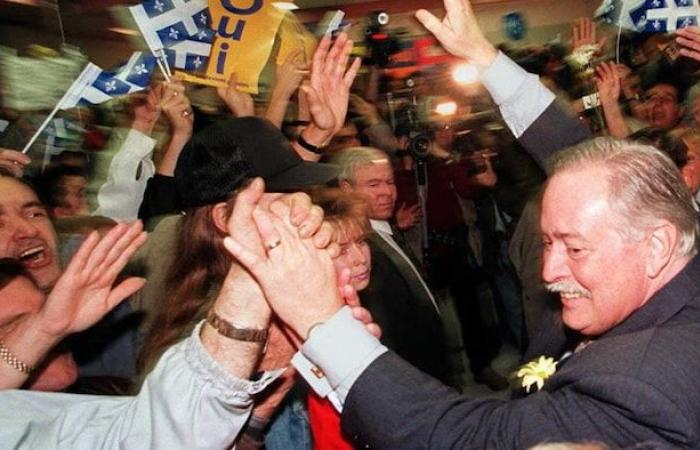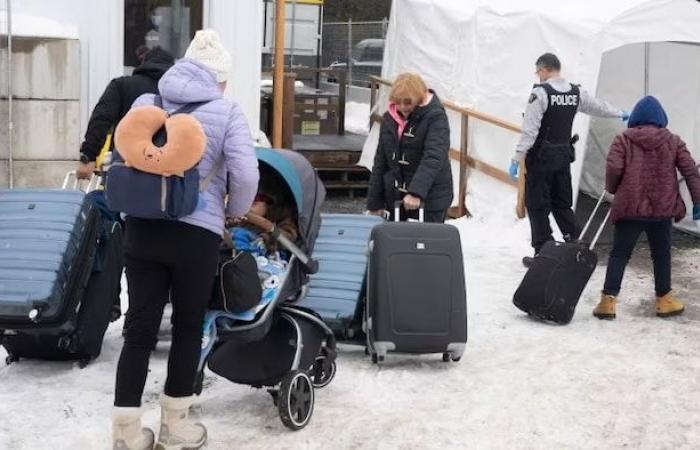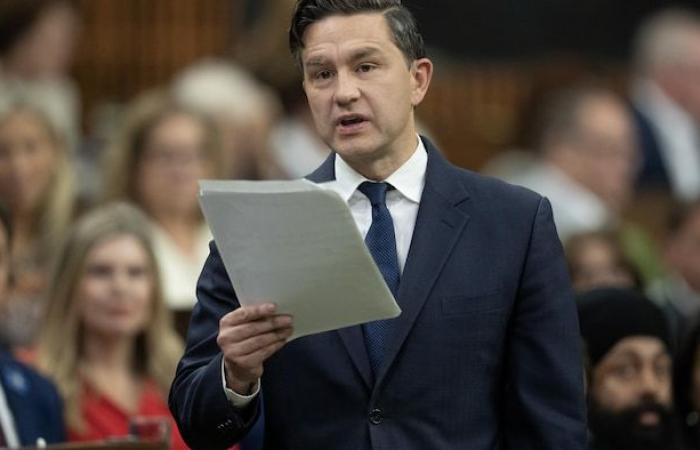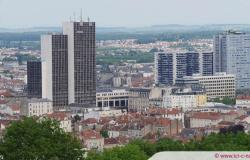Justin Trudeau criticizes François Legault for politicizing the issue of immigration. “It’s distressing to see the Premier of Quebec share statements that, on immigration, are downright false. […] We are working and we have worked with the government of Quebec on this issue that Mr. Legault seems to want to politicize at all costs,” he denounced.
His remarks were all the more noticed because he made them in front of Emmanuel Macron, who was received last week in Canada.
Two weeks ago, it was the federal Minister of Immigration, Marc Miller, who made similar remarks, pointing the finger at these provincial premiersus
from the Conservative Party. The latter would have politicized the issue of immigration, by refusing a more equitable distribution of asylum seekers across the country.
That the question of immigration is eminently political is nothing new in Quebec. As early as the 1970s, shortly after the creation of the Quebec Ministry of Immigration, René Lévesque warned against the ability of the federal government to impose its choices on Quebec and thus influence its demographics. On the evening of the 1995 referendum, Jacques Parizeau made it a cause of the defeat of the YES, in a statement that went down in history.
Open in full screen mode
Jacques Parizeau during a rally of the YES camp, October 28, 1995
Photo : afp via getty images / ANDRE PICHETTE
In the mid-2000s, the question of reasonable accommodation, (New window) associated with immigration in the minds of many people, has temporarily replaced it. During the 2007 elections, Mario Dumont’s Democratic Action of Quebec took great pride in requests for accommodation deemed excessive. The Parti Québécois continued in the same vein with its Charter of Quebec Values in 2013.
In the 2018 elections, the CAQ not only promised to legislate to ensure the secularism of the State, but it was François Legault’s promise to reduce the permanent immigration thresholds from 50,000 to 40,000 which provoked the most reactions. The Prime Minister returned to the charge during the last election, evoking the need for a strong mandate to obtain more power from the federal government and thus avoid the louisianisation
of Quebec.
A very different look at English Canada
Although the issue of immigration has not been a highly political issue in Quebec for a long time, the approach was, until very recently, very different in English Canada. In the 1980s, Bryan Mulroney substantially increased immigration thresholds without making too many waves.
The Chrétien, Martin and Harper governments succeeded one another, without questioning this orientation, the immigration targets remaining around 250,000 admissions annually for a long period. Although the Reform Party briefly proposed reducing them in the early 1990s, the idea did not last long.
A press review of recent years indicates that things began to change shortly after Justin Trudeau came to power. Writing on Twitter in early 2017 that Canada would welcome those who flee their country, regardless of their faith, because diversity is our strength
Justin Trudeau first sought to create a contrast between his government and that of Donald Trump, newly elected. It was, without a doubt, a political gesture. Justin Trudeau made a virtue of telling the world that Canada was an open country – by implication, more open than the others.
While his message was generally well received, concerns began to be timidly expressed in the press about the perception this risked creating on the international scene. And when asylum seekers began arriving in their thousands at Roxham Road, voices were raised about the fairness of this route into the country.
Open in full screen mode
A family of asylum seekers from Colombia is greeted by an RCMP officer at Roxham Road on February 9, 2023.
Photo : (Ryan Remiorz/The Canadian Press)
It was truly following the tabling of the 2023-2025 Immigration Levels Plan that the debate took off in English Canada and that the question emerged as a political issue. The federal government has announced its intention to increase the number of immigrants welcomed to 500,000 on an annual basis by 2025, which has raised doubts about the reception capacity of the provinces. Journalistic investigations revealed that the government had relied, among other things, on recommendations from the firm McKinsey to develop its policies.
We realized, around the same time, that the number of non-permanent residents had increased sharply since the end of the pandemic, among other things because a growing number of businesses were choosing to turn to temporary workers to resolve the labor problems they were facing.
Economists, experts of all kinds and even civil servants have expressed reservations about Canada’s capacity to welcome so many newcomers. We began to discuss the impacts that such a policy would have on housing and access to public services.
Financial institutions have published studies establishing a link between the sustained increase in population and the housing crisis, with the National Bank even citing a demographic trap
. Other publications have highlighted the fact that the growth of gross domestic product did not follow that of the population, thereby reducing wealth per capita. Polls have indicated that Canadians’ perceptions of immigration are beginning to change.
The opposition gets involved
Then something happened that hadn’t been seen for a long time. The opposition joined in the dance, Pierre Poilievre accusing the Trudeau government of having breeze
the immigration system and promising, if elected, to align population growth with that of the housing stock. The federal government itself began to backtrack, tightening access to the territory for foreign students and temporary workers – which sparked discontent.
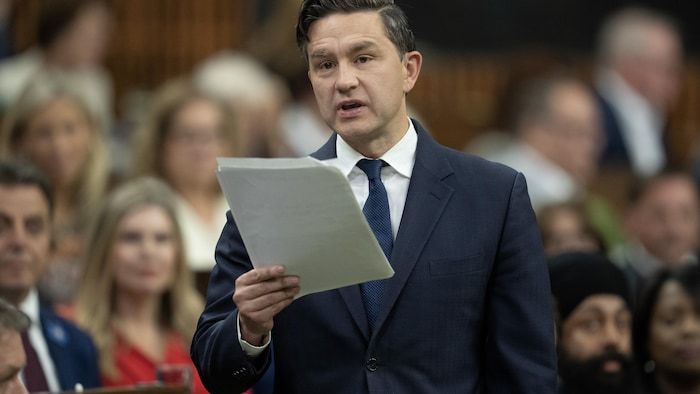
Open in full screen mode
Pierre Poilievre reacted to Minister St-Onge’s comments.
Photo: The Canadian Press / Adrian Wyld
In context, it is ironic to say the least to hear Justin Trudeau criticize others for politicizing the immigration issue. Quebec elected officials, including François Legault, have certainly contributed to this state of affairs, but the Canadian Prime Minister also bears his share of responsibility for this paradigm shift.
It will be difficult from now on to get the genie into his lamp. For better or for worse, the question of immigration has now become a political issue in Canada.
Let the question now be politicized
is not necessarily a bad thing; ignoring this important issue, which arouses passions in almost all Western countries, was not necessarily desirable. It all obviously depends on what we mean by politicize
– and the way in which the debate that will result from this politicization will take place.

